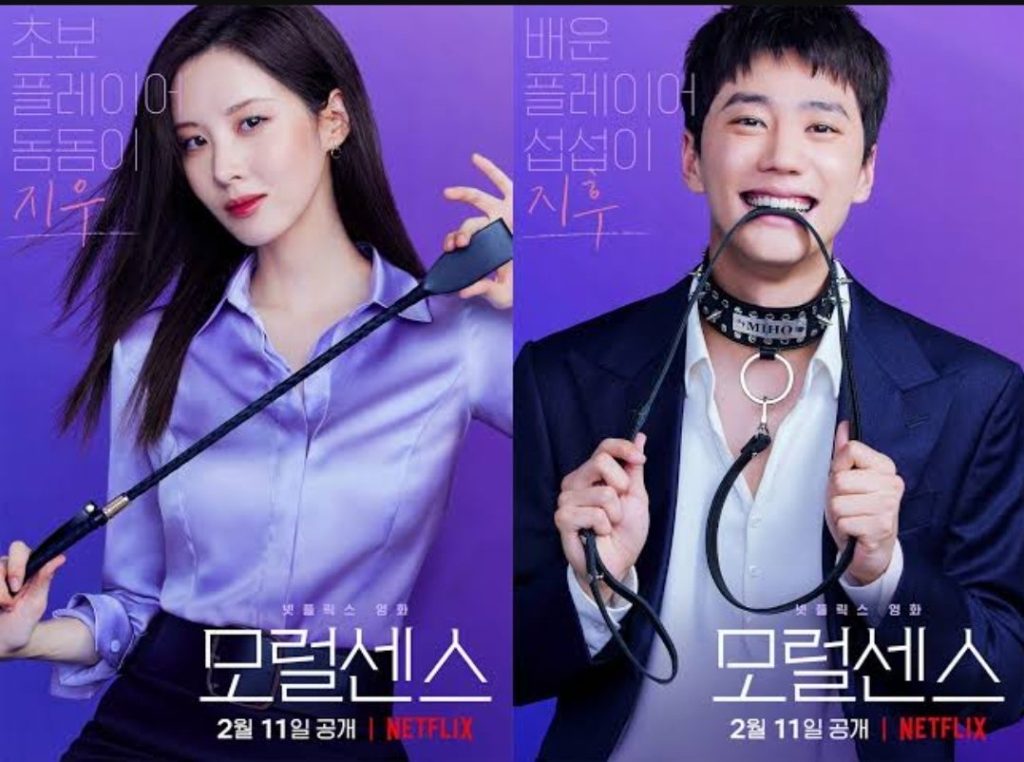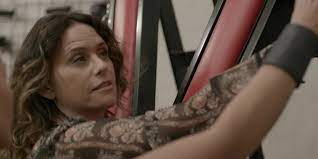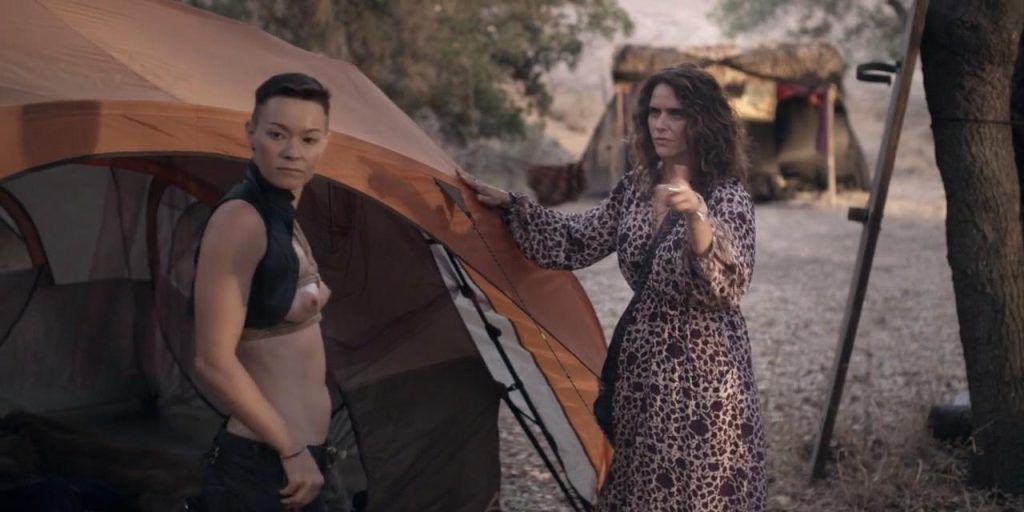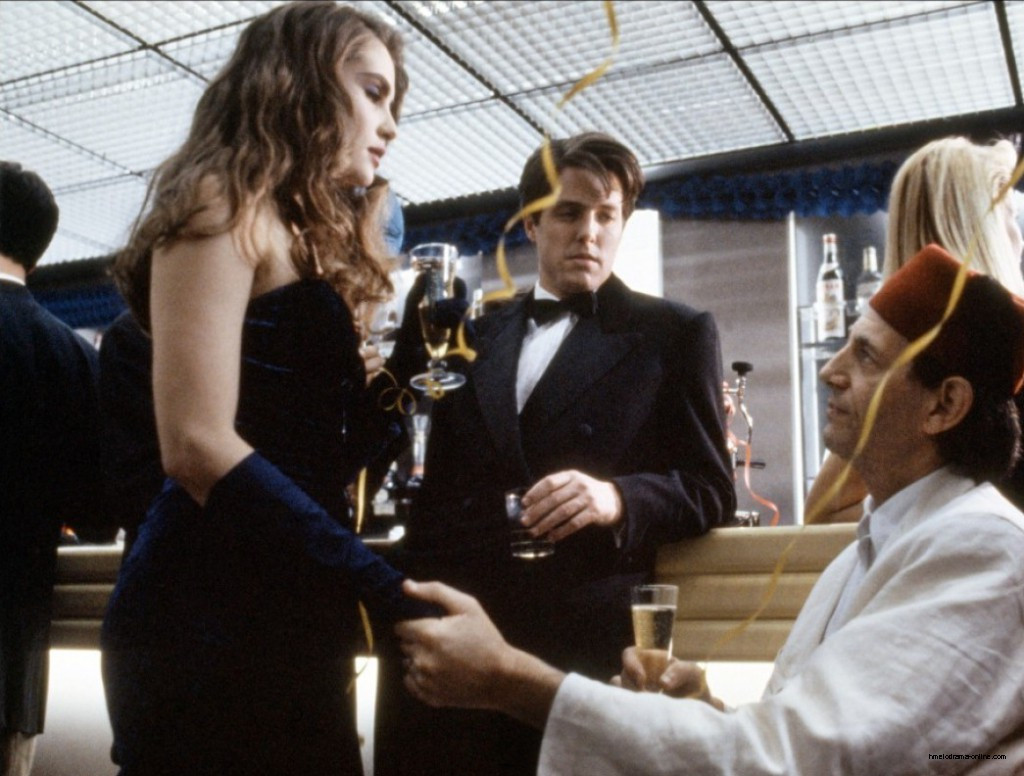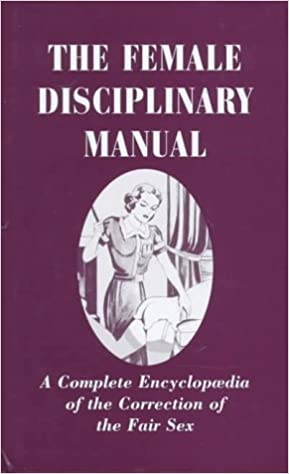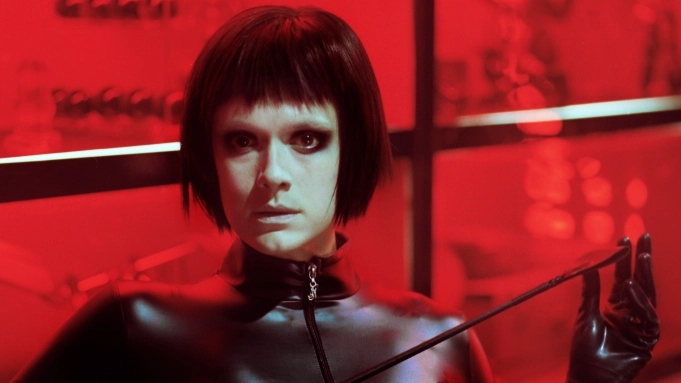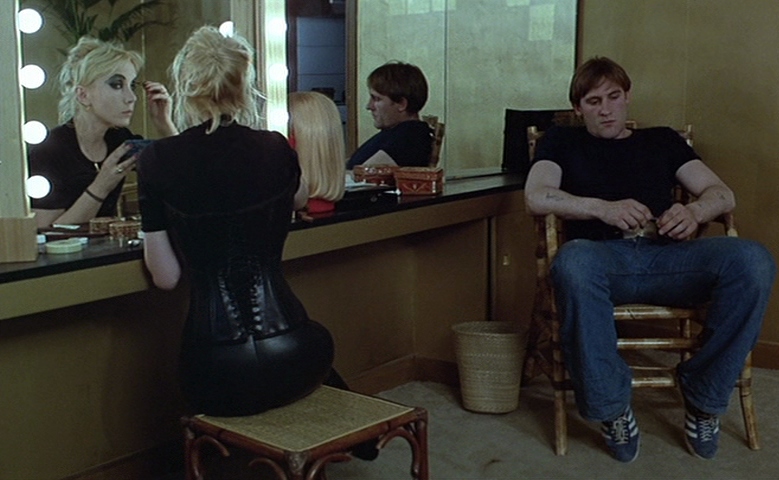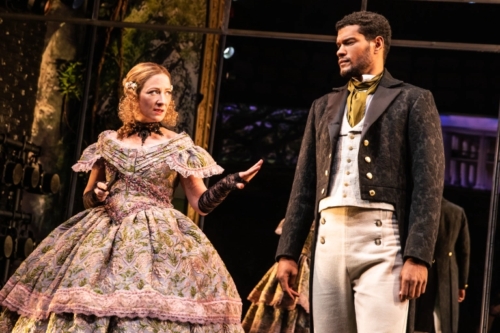Fifty Shades of Black (2016) (IMDB) is a comedy/romance film directed by Michael Tiddes and written by Marlon Wayans and Rick Alvarez. Obviously, it’s a parody of the wildly popular Fifty Shades of Grey franchise.
Beyond just parodying Fifty Shades, Black derives comedy from juxtaposing sadomasochism, long seen as a “white thing”, with blackness.
Moon Charania’s essay “The Promise of Whiteness: Fifty Shades of Grey as White Racial Archive” in Intensities: The Journal of Cult Media (Issue 8, January 2016) hypothesizes that the book and film’s story can only work because the two leads are extremely white and heterosexual. It presents a kind of hetero-white utopia in which all the cultural anxieties of the 2000s and 2010s are almost entirely absent. Almost no non-white people means no racial violence and inequality, and almost no queer and no trans people means no challenge to the primacy of heterosexuality.
The significance of Grey’s emotional torment, Ana’s romantic attachment to Grey, and the familiarity of white heterosexual domestic love render this (attempted) violent domination both palatable and melancholic. [Pg. 84]
To excite and placate the audience, Ana and Christian as lovers and antagonists could only be white. The sudden excitement found in a powerful white man beating an empowered white woman for sexual pleasure establishes an inextricable link between racial formation and sexual subjectification. [Pg. 85]
In Charania’s view, whiteness excuses everything: Christian’s domination and sadism, Ana’s infatuation and naivete. Remove Christian’s whiteness, his wealth and privilege, from the narrative, and he’s just an abuser. Remove Ana’s whiteness, and she’s just a helpless victim. It’s not a love story anymore.
So what happens if the analogs of Christian Grey and Anastasia Steele, “Christian Black” (Marlon Wayans) and “Hannah Steale” (Kali Hawk), are black?
Continue reading »
